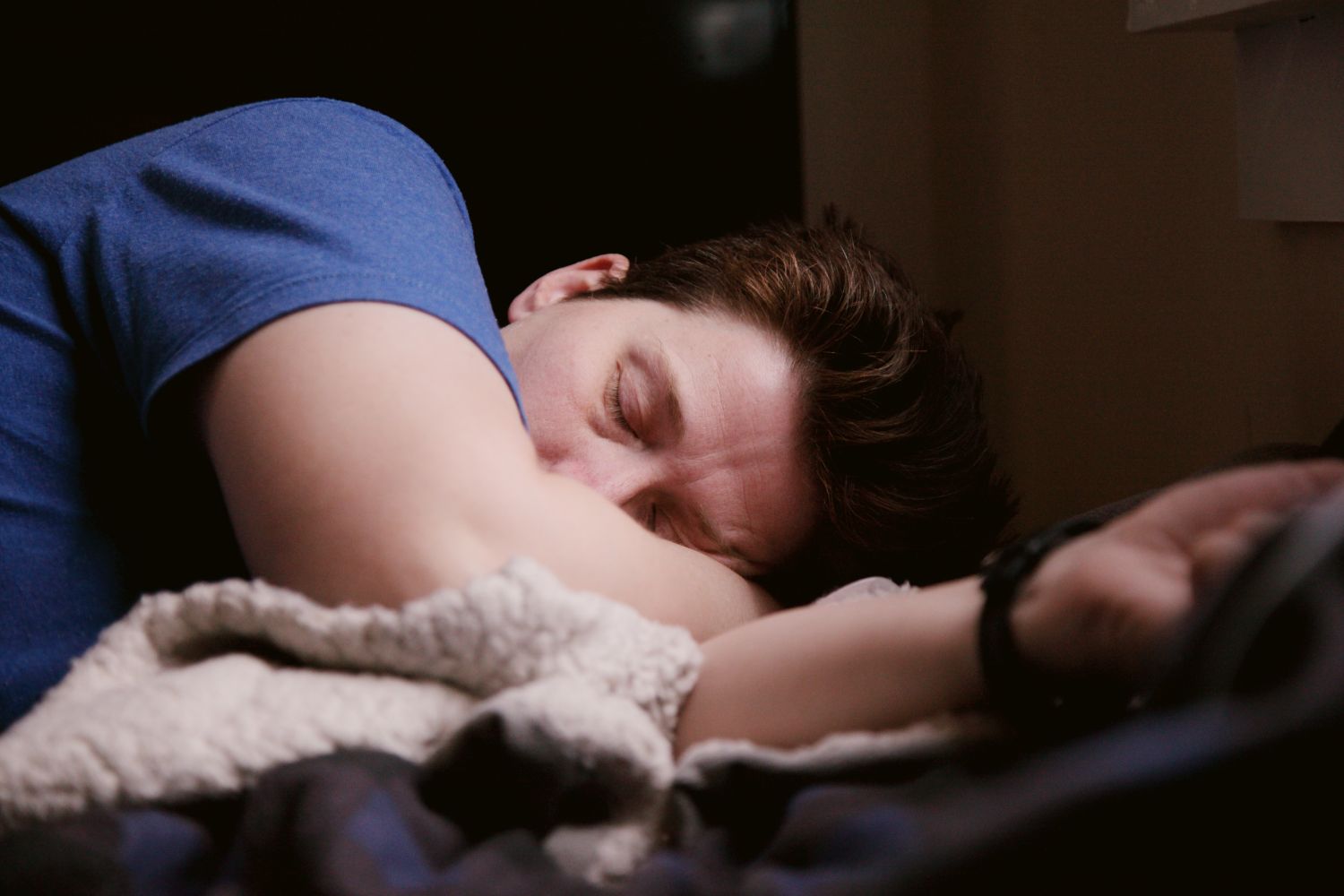At our office, we hear the phrase “I don’t’ know what happened,” more frequently than you think. We often see first-time patients who claim that they have had “pretty decent” sleep for the past couple of decades – only to notice snoring and sleep quality worsening after an injury. At times, the patient may unknowingly have sleep apnea but had it worsened after a bop on the nose. Other times, the injury is completed unrelated, such as pain associated with a neck, back, or shoulder injury.
A myriad of different issues can change the way we breathe when we sleep, leading to louder snoring and in many cases unmasking sleep disturbances and obstructive sleep apnea. In an ideal world, air would pass normally and quietly into our lungs in all positions of sleep. But in reality, most of us find our most comfortable position to sleep and stick with it for life, for two reasons 1) greater comfort and 2) ease of breathing.
What Types of Injuries May Affect Sleep?
After a nasal injury, a deviated septum or deeper sinus blockage may affect your breathing, especially when you lie down to sleep. After joint and muscle injury, pain and discomfort may force us to sleep in new positions that are less optimal for our bodies. For example, a person with left nasal blockage (left deviated septum), may prefer to sleep on his left side. This leaves the good side (his right nostril) free to take in the air more easily. Let’s say, that patient seriously injured his left shoulder, and must now sleep on his back or right side to avoid sharp pain. Doing so, his spouse notes loud snoring or irregular breathing and he is not sure why he wakes up tired after a full night’s sleep.
If you’re wondering how an injury can affect your sleep, consider the following issues…
Your Choice of Sleep Position Can Cause More Issues When You Have a Deviated Septum or Obstructive Sleep Apnea
- Side-sleepers usually find comfort breathing through their nose and sleep more restfully on their favorite side.
- Back-sleepers will be two times more likely to have issues with sleep apnea when sleeping on their backs.
- Stomach-sleepers will be less likely to experience apnea, but more likely to experience neck pain as a result of poor spine support.
Obstructive Sleep Apnea Is No Joke:
Obstructive Sleep Apnea (OSA) is a health issue that has been linked to the major quality of life and heart health problems. Those who have OSA struggle with getting high-quality sleep, which in turn, affects their ability to regenerate and keep their organs healthy and leads to early aging. Depending on how severe the OSA is, it can make it hard to sleep at all.
OSA Is A Treatable Condition:
Bad sleep quality has been linked to low performance at work, moodiness, and even shorter lifespans. You owe it to yourself and your partner to seek out treatment for your sleep. Dr. Monica Tadros specializes in sinus and sleeps quality treatments at the Center for Sinus, Sleep & Facial Plastic Surgery-so coming to us might just be the best way to ensure better nights’ sleep.
Call our office at NYC: (201) 408-5430 or NJ: (201) 408-5430 or complete a consultation request.

